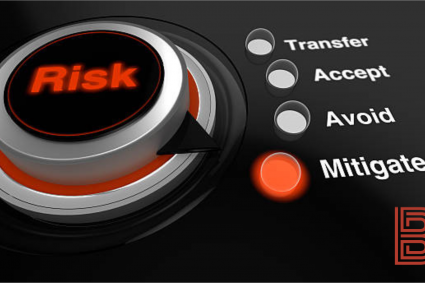
Sanctions compliance has become an integral part of risk management for businesses operating in the global marketplace. As international sanctions regimes proliferate and evolve, companies face increasing pressure to ensure that their operations, investments, and transactions do not violate these regulations. The consequences of non-compliance can be severe, including hefty fines, legal repercussions, and significant reputational damage. Therefore, implementing thorough due diligence processes is essential to mitigate the risks associated with sanctions.
Understanding Sanctions and Their Impact
Sanctions are restrictive measures imposed by governments or international organizations to influence the behavior of a particular country, entity, or individual. These measures can include trade restrictions, asset freezes, travel bans, and financial prohibitions. Sanctions are typically enacted to achieve foreign policy or national security objectives, such as combating terrorism, preventing nuclear proliferation, or responding to human rights violations.
The complexity of sanctions compliance arises from the fact that sanctions regimes can vary significantly between jurisdictions, and are frequently updated in response to geopolitical developments. As a result, businesses must stay informed about the specific requirements and restrictions imposed by the sanctions applicable to their operations.
The Role of Due Diligence in Sanctions Compliance
Due diligence in sanctions compliance involves a comprehensive assessment of potential and existing business relationships to ensure they do not involve sanctioned entities or activities. This process is critical in identifying and mitigating risks before entering into contracts, partnerships, or other forms of collaboration.
Screening and Monitoring:
One of the primary tools for sanctions due diligence is the screening of potential customers, suppliers, and business partners against sanctions lists. These lists, maintained by authorities such as the U.S. Treasury’s Office of Foreign Assets Control (OFAC) and the European Union, provide information on individuals, entities, and countries subject to sanctions. Regular monitoring of these lists is essential, as they are frequently updated to reflect new sanctions or changes to existing ones.
Risk Assessment:
A thorough risk assessment should be conducted to evaluate the likelihood and impact of potential sanctions violations. This involves analyzing the nature of the business, the regions in which it operates, and the parties involved. Companies operating in high-risk jurisdictions or industries should adopt more stringent due diligence measures.
Enhanced Due Diligence (EDD):
In cases where the risk level is higher, enhanced due diligence may be necessary. EDD involves a deeper investigation into the background, ownership structure, and activities of potential partners or customers. This may include scrutinizing the involvement of politically exposed persons (PEPs) or conducting on-site visits to verify compliance.
Training and Awareness:
Ensuring that employees understand the importance of sanctions compliance is crucial. Regular training programs should be implemented to keep staff informed about the latest developments in sanctions regimes and the company’s internal compliance procedures.
Documentation and Reporting:
Maintaining thorough records of due diligence efforts is essential for demonstrating compliance in the event of an audit or investigation. Companies should document their screening processes, risk assessments, and decision-making procedures. Additionally, any suspicious activity or potential violations should be promptly reported to the relevant authorities.
Challenges and Best Practices
One of the challenges in sanctions compliance is the dynamic nature of sanctions regimes. As geopolitical situations change, sanctions lists can be updated with little notice, requiring businesses to adapt quickly. Moreover, the global nature of many companies’ operations can make it difficult to track and comply with sanctions across multiple jurisdictions.
To address these challenges, companies should consider integrating automated solutions into their due diligence processes. Advanced software tools can help streamline screening, monitor sanctions lists in real-time, and ensure that due diligence efforts are consistently applied across the organization. Additionally, engaging with legal and compliance experts who specialize in sanctions can provide valuable guidance and reduce the risk of unintentional violations.
Summary
Due diligence in sanctions compliance is a critical component of risk management in today’s global business environment. By implementing robust due diligence processes, companies can protect themselves from the legal, financial, and reputational risks associated with sanctions violations. As sanctions regimes continue to evolve, staying vigilant and proactive in compliance efforts will be essential for maintaining business integrity and safeguarding long-term success.
www.baretzky.net




















